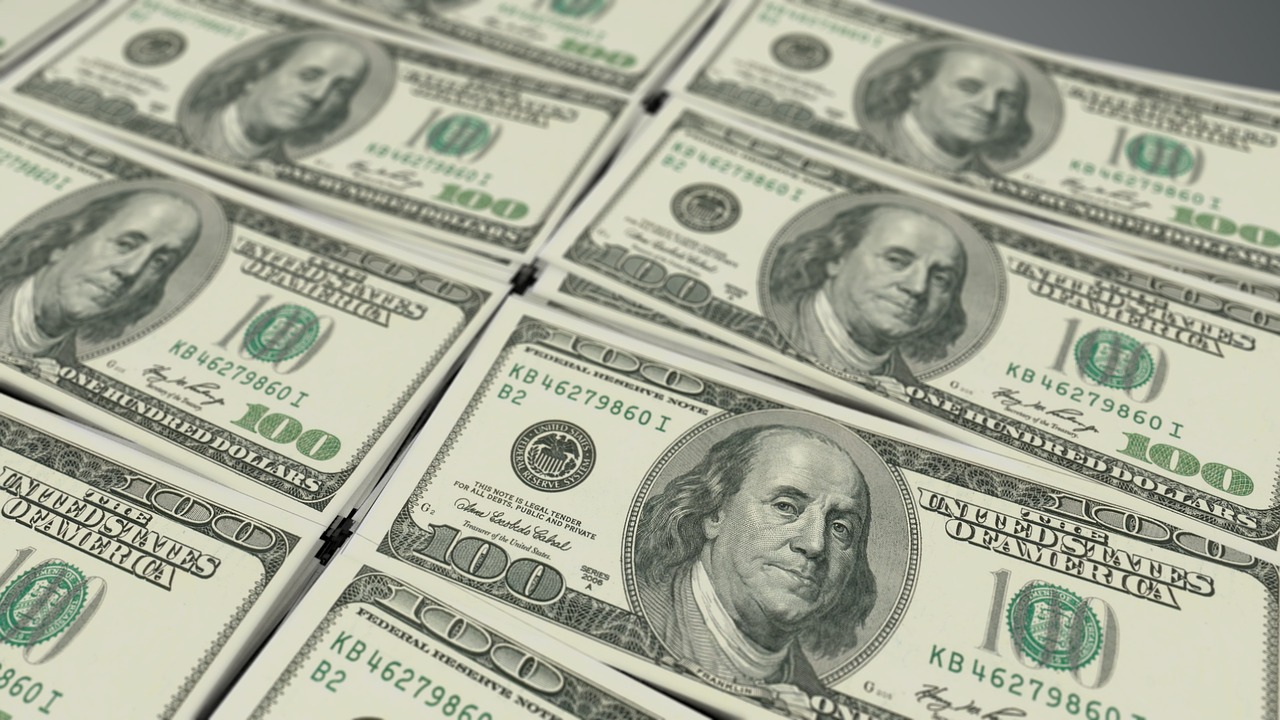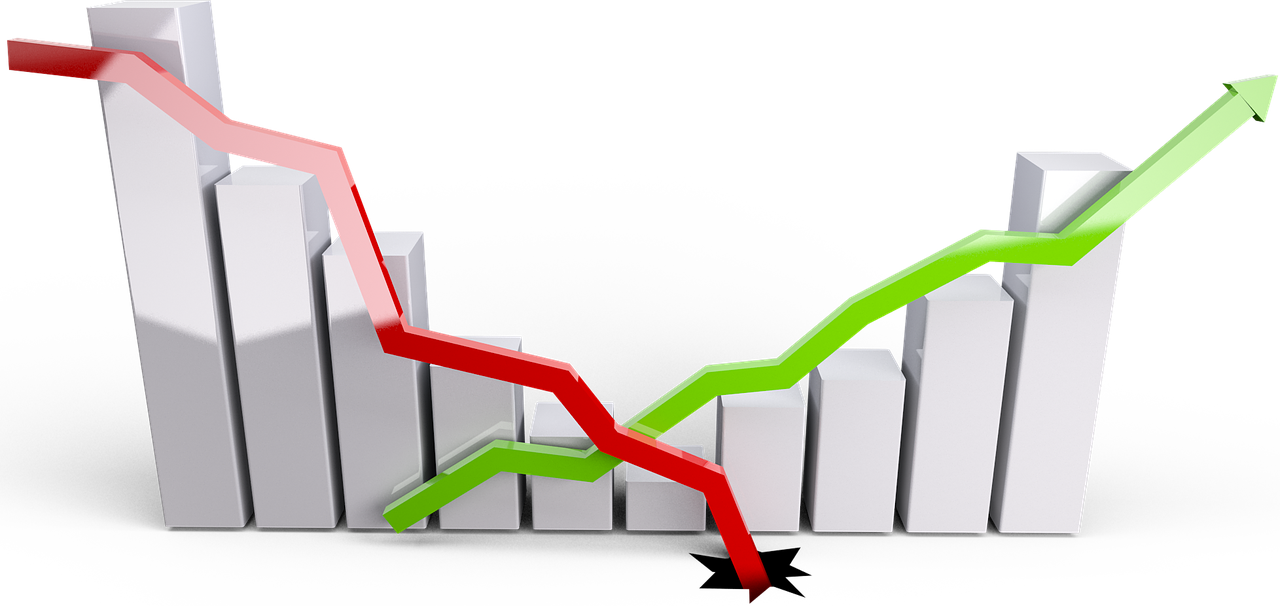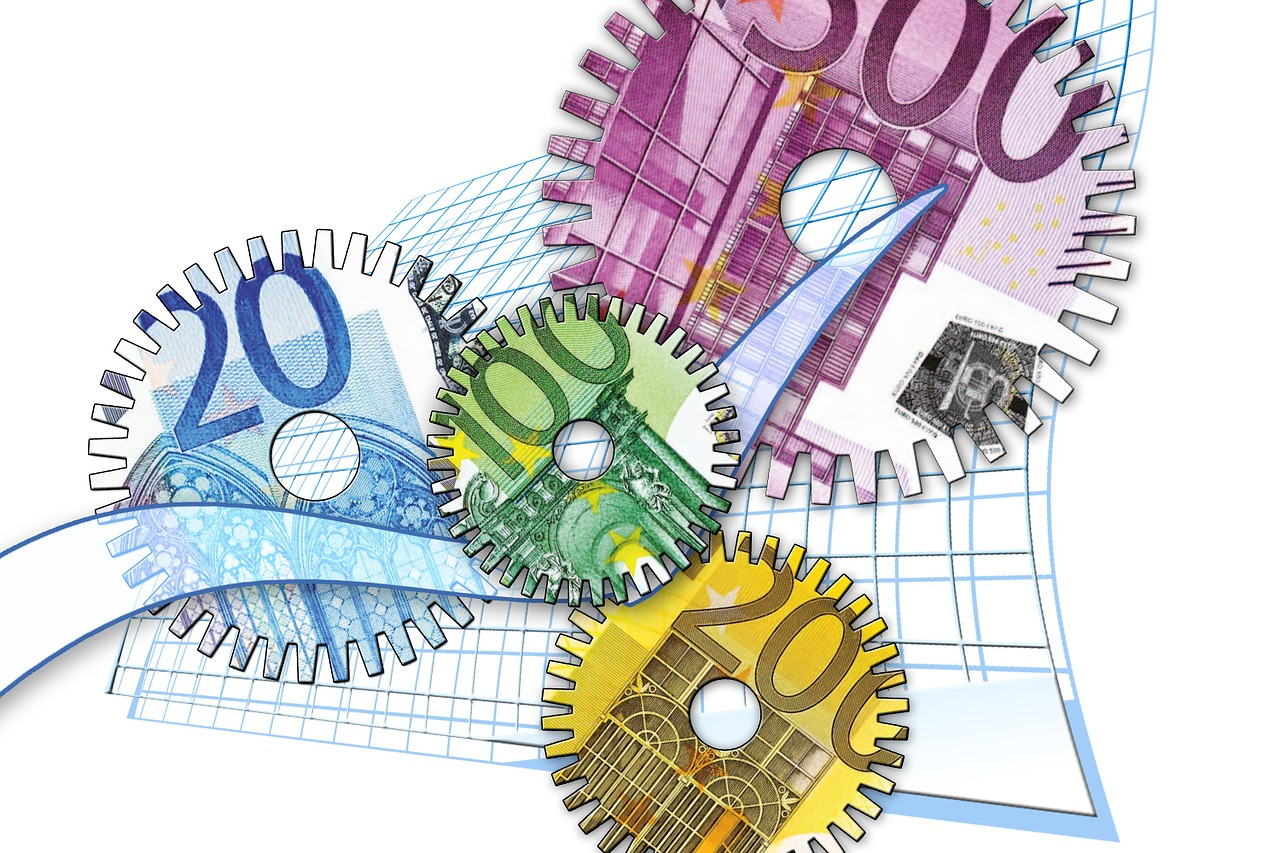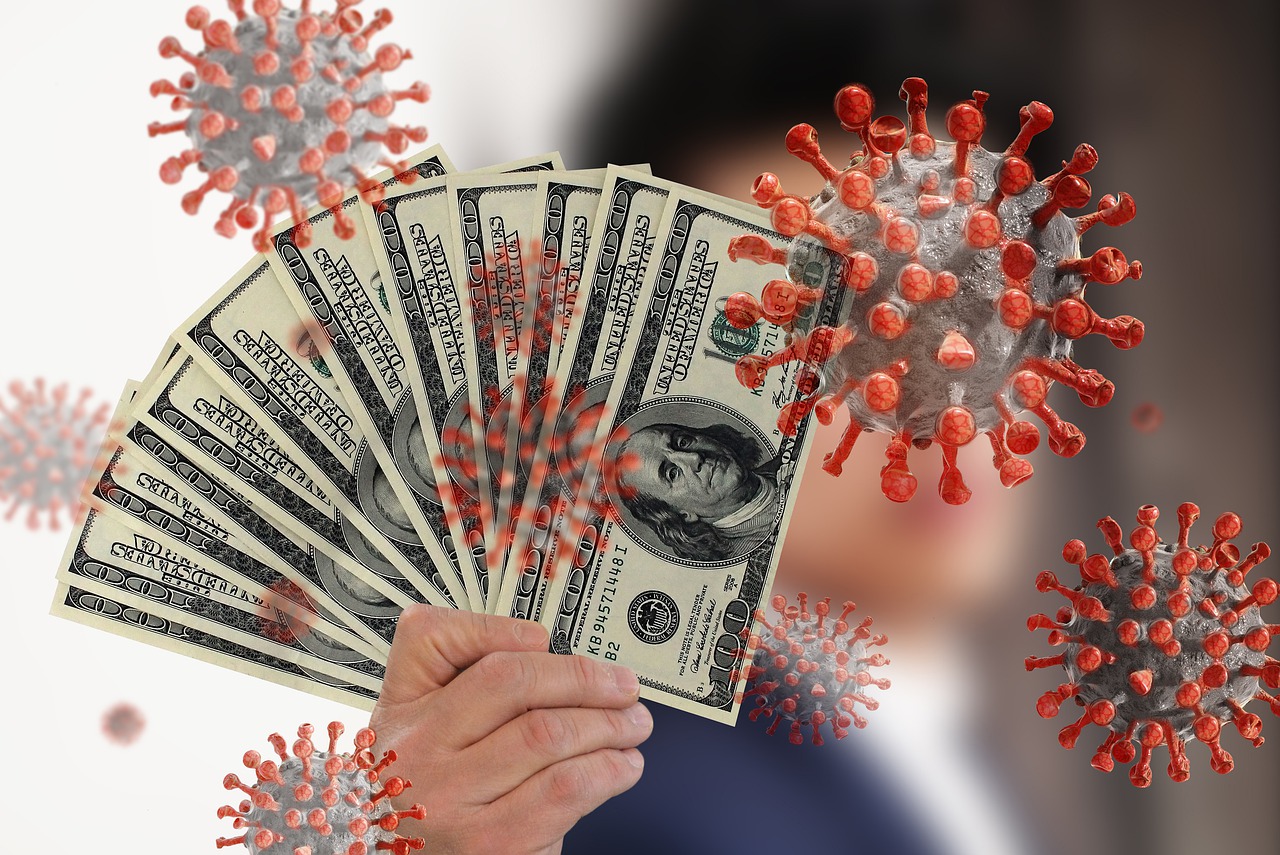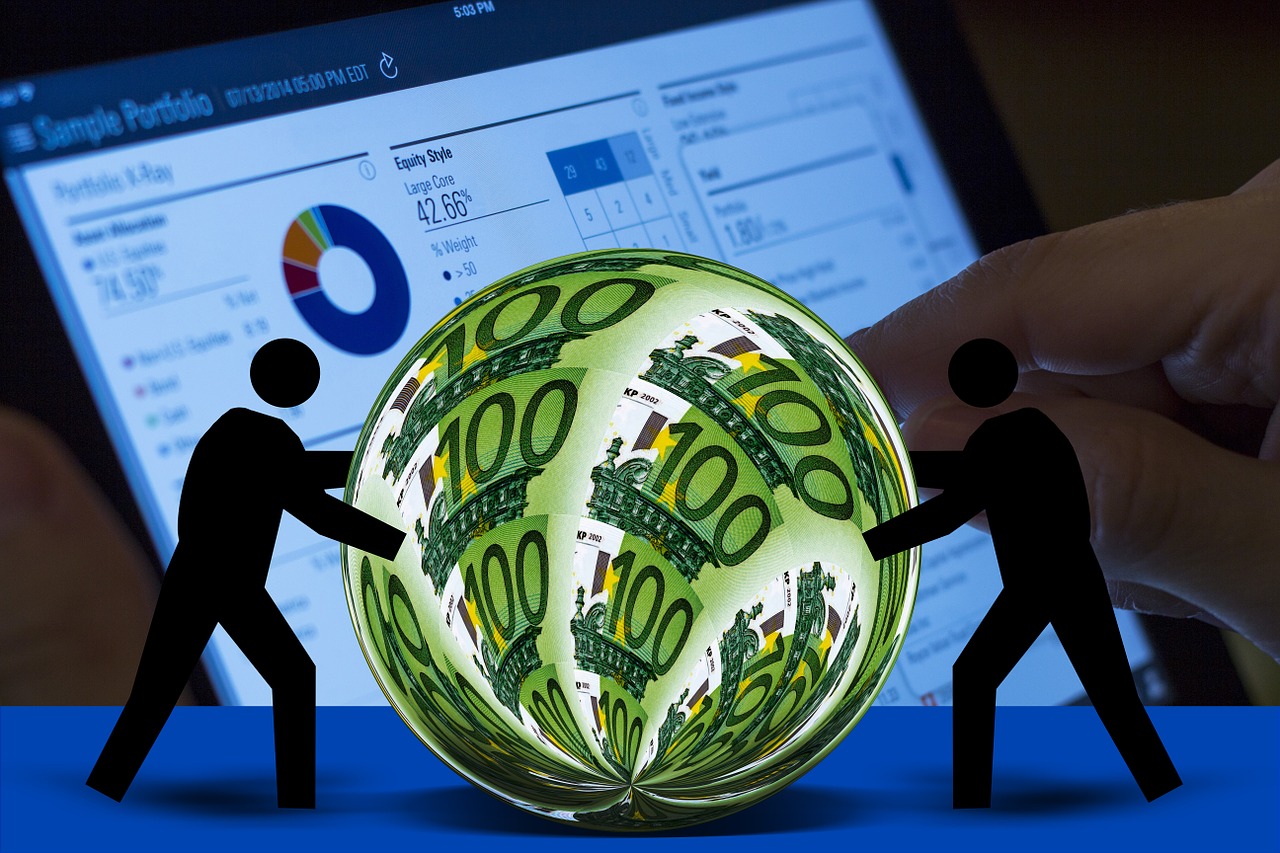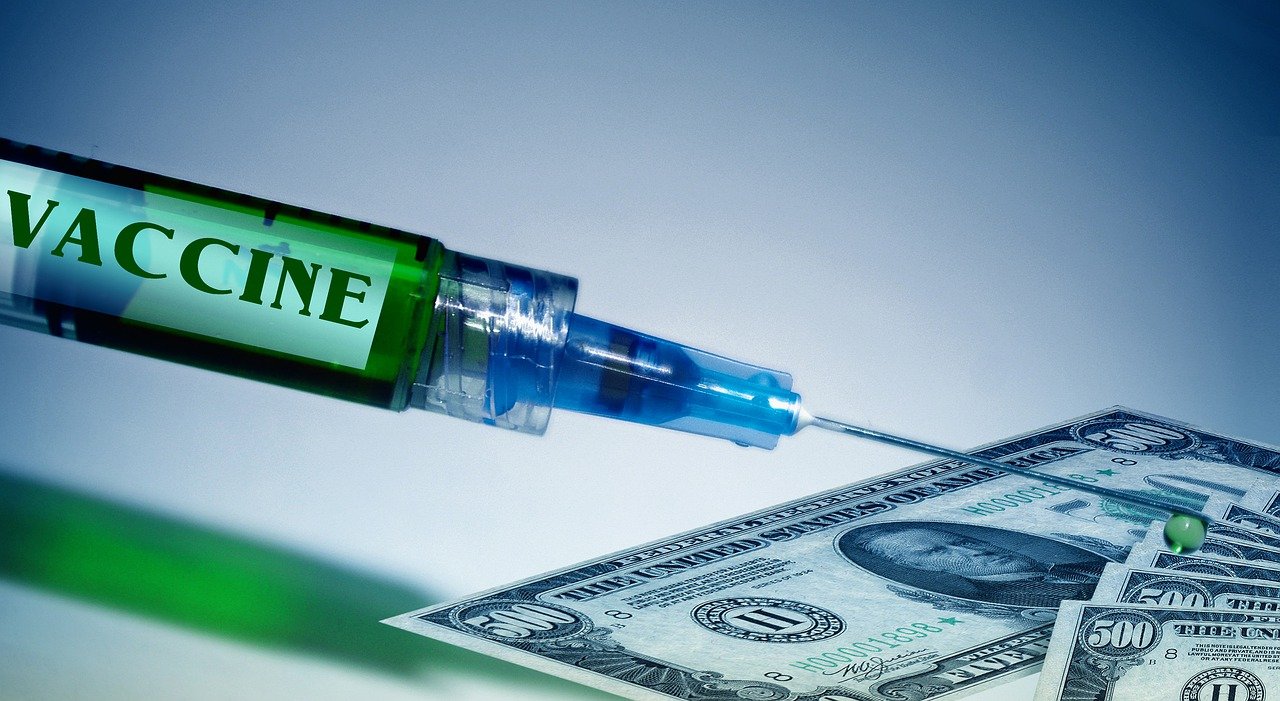European Shares Lower after COVID Economic Pain Dulled by Vaccine Shots
On Thursday, European shares were lower after advances in vaccine for the coronavirus had spurred gains, but data across Europe highlighted the economic damage that the pandemic is still inflicting. Markets are now focusing on talks between the European Union and Britain for a trade deal, with less than a month left before the United Kingdom fully departs from the EU. Global stocks hit their record high, which drove the US dollar lower, as news of Britain rolling out a COVID-19 vaccine in the next week whetted investors’ appetite for riskier assets because it boosted prospects of an economic recovery.
The dollar index declined to its two-and-a-half-year value on Thursday at 90.948 and was last trading at 90.968. Another record high was hit by the MSCI’s index of world stocks. Analysts said that the UK had moved ahead of Europe, which had given the markets a boost yesterday. Therefore, there was a lot more optimism relating to the equity markets than it had existed before. The European STOXX 600 remained flat on the day, as it was dragged down by a drop of 0.2% in Paris and Frankfurt blue chips. The FTSE 100, on the other hand, reached its June highs.
Investors are hoping that weak economic data in the United States and Europe will finally convince policymakers to agree to the financial aid packages that have eluded them so far. The US Congress has still not made a deal on a $908 billion stimulus package for boosting the world’s biggest economy. Meanwhile, the European Union has also not nailed down an economic package that was agreed in principle, even though the eurozone economy is struggling. For November, the Purchasing Managers’ Index (PMI) in Spain was reduced to 39.5, which is below the level of 50 that separates growth from contraction.
There was also a contraction in Italy’s services for the fourth month straight, with the Business Activity Index by HIS Markit dipping to 39.4. These figures are expected to remain below the level of 45 until January. It has also been forecasted that the eurozone economy would decline further this quarter, as activity has been stifled due to renewed lockdown measures and the economy is expected to take two years to go back to pre-crisis levels. Gavin Williamson, the education minister for Britain, said that they were making good progress in talks with the EU on a trade deal, with the Brexit deadline drawing nearer.
Simon Coveney, the Irish Foreign Minister, said that there was a strong possibility of reaching a deal in a matter of days. The broad dollar weakness helped Sterling to cling to $1.34, but the derivatives market was doubtful of Britain being able to strike a trade deal with the European Union before the exit on December 31st. Asian shares, on the other hand, remained a tad mixed after choppy Wall Street trading, mostly because of the disappointing US jobs report. The US Food and Drug Administration (FDA) will hold its advisory meeting next week for the coronavirus vaccine.


